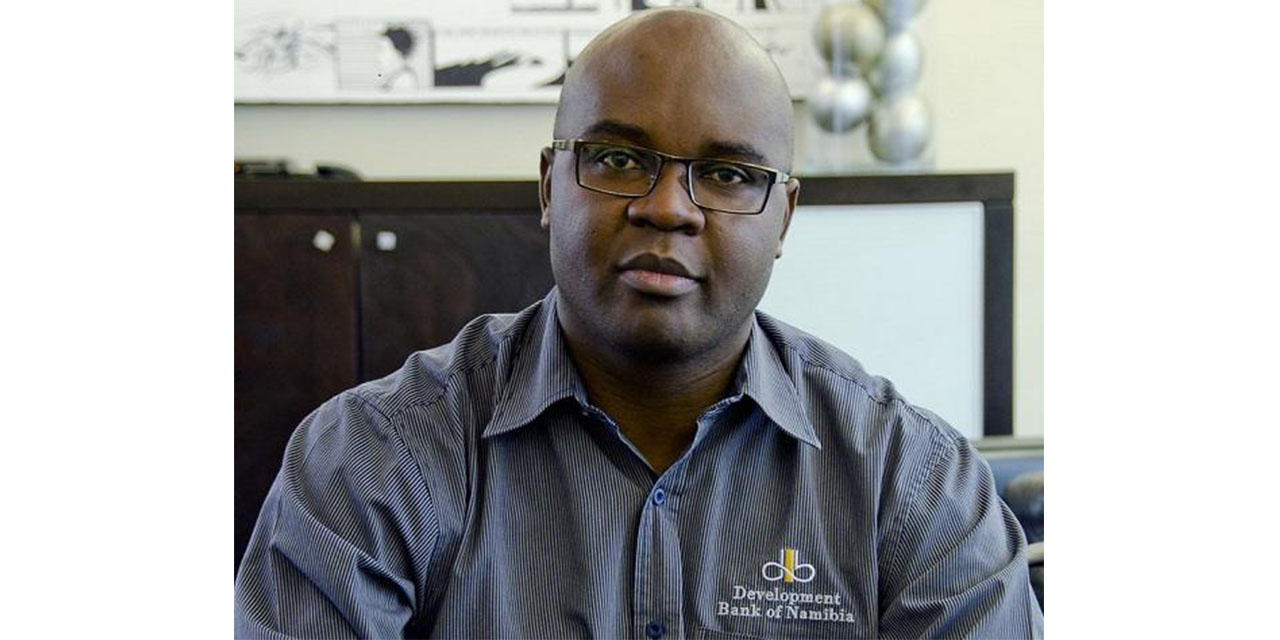Development Bank of Namibia (DBN) has launched its inaugural Sustainable Finance Framework (SFF).
The Framework is aligned with the four core components of the International Capital Market Association’s (ICMA) Green Bond Principles 2021, Social Bond Principles 2021, Sustainability Bond Guidelines 2021 as well as the Loan Market Association’s (LMA) Green Loan Principles 2023 and Social Loan Principles 2023.
The Framework has seven green categories which aim to achieve the environmental objectives of climate change mitigation, sustainable use and protection of water and marine resources, protection and restoration of biodiversity and ecosystems and four social categories which aim to achieve the social objectives of raising living standards, increasing social inclusion, improving access to essential healthcare and education.
DBN has obtained a Second Party Opinion (SPO) from S&P Global Ratings, which assessed that the Framework is aligned with the category principles.
The Framework received a strong alignment score across the Use of Proceeds section given a clear description of eligible categories and sustainability objectives, and the reporting section, given DBN will report both the expected and achieved environmental and social impacts of financed projects via the engagement of an external reviewer.
DBN CEO Martin Inkumbi said as a bank, DBN has a strong ambition to become the go-to ESG bank in Namibia.
The launch of the board-approved Sustainable Finance Framework (SFF) is an important milestone for the bank’s sustainability journey. The launch is in advance of a planned debut sustainable bond issuance in the second half of 2023, Inkumbi added.
The SFF, which is available on DBN’s website, will serve as a reference for all green, social or sustainability bonds, loans and other debt instruments issued by DBN in the local or international capital markets to fund the bank’s investments in eligible ESG (environmental, social and governance) projects.
In February, DBN signed an agreement to finance a solar park at Rosh Pinah. With this agreement, DBN’s commitment to the field of renewable energy amounts to N$1.038 billion encompassing finance for 87.9 MW from 13 projects.
Once commissioned, the Rosh Pinah Solar Park (RPSP) will generate 5,4 MW for the operational energy requirements of Rosh Pinah Zinc Corporation (RPZC). RPZC is in the process of expanding its operations and will require additional supplies of electricity.
The establishment of Rosh Pinah Solar Park is expected to reduce the cost of energy to run the mine, diversify its sources of energy and improve its sustainability.
RPSP is owned and will be managed by two Namibian entities, Otesa Energy Projects, the majority shareholder, and Emesco Energy (Namibia). Otesa Energy Projects will construct the plant and Emesco developed the plant.




